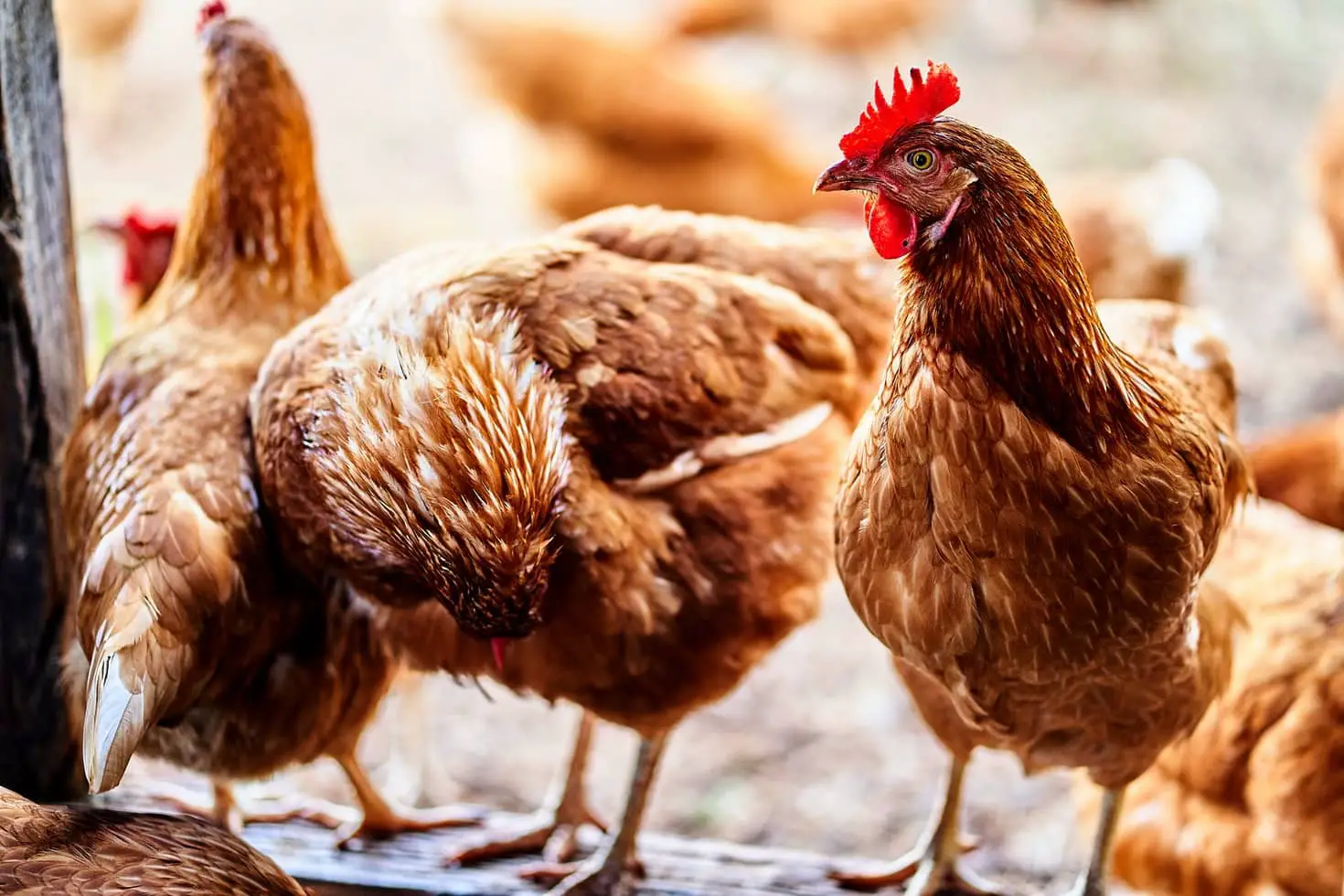After national biosecurity requirements were introduced earlier this month, the Chief Veterinary Officers for England, Scotland, Wales and Northern Ireland have brought in new measures to help protect poultry and captive birds from avian influenza across the UK.
The new measures came into force across the UK from 00:01 today, Monday 29th November 2021, to protect poultry and captive birds from avian influenza.
There have been a number of confirmed cases across Great Britain in recent weeks, but none on the Isle of Wight.
New measures
The new requirements mean that bird-keepers across the Island, whether they have pet birds, commercial flocks or just a few birds in a backyard flock, must by law take a range of biosecurity precautions including keeping birds housed or in fully enclosed netted areas.
Feed and bedding must be kept indoors.
Fencing off and netting to certain areas, e.g. watercourses, ponds or other standing water must be in place to ensure that wild birds are not attracted.
Regular cleaning and disinfecting of all concrete walkways, paths and similar surfaces must also be in place.
The new housing and netting requirements are to keep poultry and other captive birds separate from wild birds.
These housing requirements are in addition to the Avian Influenza Prevention Zone enhanced biosecurity measures which were introduced on 3rd November 2021.
Remind bird woners to check Government Website
A spokesman for the Isle of Wight Council said,
“We’ve been contacting owners of larger flocks, but if you know somebody who keeps birds, even if it’s only a few, remind them to check the government Website for the latest guidance.
“Avian influenza is very low risk to humans and animals apart from birds, but nonetheless it can have a serious impact not only on commercial flocks but also on wild populations.
“Pet birds who live in a family home are unlikely to have any contact with wild birds, so are at less risk, but we still suggest that owners of pet birds take care to keep their pets from going outside, and store food in a place where wild birds cannot get to it.
“Careful management of this disease will make sure that these restrictions can in due course be lifted.”
News shared by Isle of Wight council press office, in their own words. Ed
Image: Henrique S. Ruzzon under CC BY 2.0





